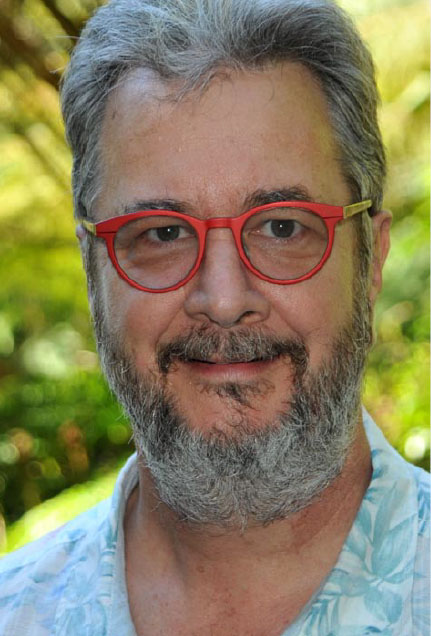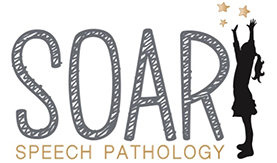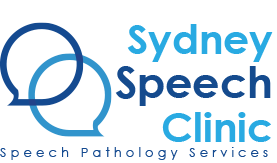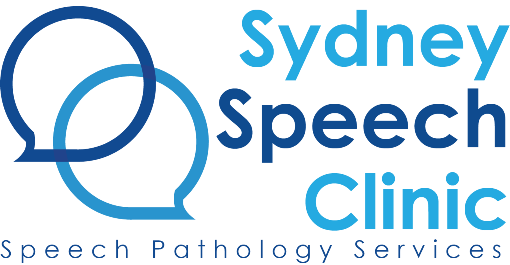Intensive interaction is an approach to teaching the pre-speech fundamentals of communication to children and adults who have severe learning difficulties and/or autism and who are still at an early stage of communication development.
Intensive Interaction was developed in the UK in the 1980s and is now used across hundreds of special schools, therapy clinics, community centres and institutions around the globe.
A relationship based intervention, it teaches clinicians, educators and health professionals how to utilise the foundation skills of interaction to support people with significant intellectual disabilities and communication impairments.
Intensive Interaction training gives its participants skills to coach parents, caregivers and paraprofessionals on how to engage and interact meaningfully with people with significant disabilities and/or autism.
This full day training event is relevant to Special Educators, Speech Pathologists, Occupational Therapists, Allied Health Professionals and Day Service Workers who have contact with learners experiencing severe and profound intellectual and multiple disabilities and/or autistic spectrum disorders
Intensive Interaction training agenda:

What is it?

Who do you do it with?

What do you do?

What does it look like?

Where does Intensive Interaction come from?

What’s the theory?

What’s the evidence?

How do you support it happening?

What makes it different?

Is it age appropriate?

Presenter - Dr Mark Barber
Your hosts for this event are:

Soar Speech Pathology

Sydney Speech Clinic
Articles on Intensive Interaction
There are a whole range of articles and studies on Intensive Interaction.
- Journal of Applied Research in Intellectual Disabilities: Social Interaction with Adults with Severe
Intellectual Disability: Having Fun and Hanging Out - Journal of Intellectual Disabilities: An evaluation of Intensive Interaction in community living settings for adults with profound intellectual disabilities
- Journal of Intellectual Disability Research: Examination of the communication interface between students with severe to profound and multiple intellectual disability and educational staff during structured teaching sessions
If you are interested if further research material, the following published literature will provide further information:
- Firth, G., Berry, R. & Irvine, C. (2010) Understanding Intensive Interaction: Context and Concepts for Professionals and Families. London: Jessica Kingsley Publishers.
- Firth, G. & Barber, M. (2011) Using Intensive Interaction with a Person with a Social or Communicative Impairment. London: Jessica Kingsley Publishers.
- Hewett, D. (Ed) (2011) Intensive Interaction - Theoretical Perspectives. London: Sage Publications.
- Hewett, D., Firth, G., Barber, M. & Harrison, T. (2012) The Intensive Interaction Handbook. London: Sage Publications.
- Hewett, D. & Nind, M. (Eds) (1998) Interaction in Action: Reflections on the Use of Intensive Interaction. London: David Fulton.
- Kellett, M. & Nind, M. (2003) Implementing Intensive Interaction in Schools: Guidance for Practitioners, Managers and Coordinators. London: David Fulton.
- Nind, M. & Hewett, D. (2005) Access to Communication (2nd edition): Developing the basics of communication with people with severe learning difficulties through Intensive Interaction. London: David Fulton.
- Argyropoulou, Z. & Papoudi, D. (2012) ‘The training of a child with autism in a Greek preschool inclusive class through Intensive Interaction: a case study.’ European Journal of Special Needs Education, 27 (1), 99-114.
- Barber, M. (2008) ‘Using Intensive Interaction to add to the palette of interactive possibilities in teacher-pupil communication.’ European Journal of Special Needs Education, 23 (4), 393-402.
- Berry, R., Firth, G., Leeming, C. & Sharma, V. (2013) ‘Clinical Psychologists’ Views of Intensive Interaction as an Intervention in Learning Disability Services’, Clinical Psychology & Psychotherapy, 21 (5), 403-410.
- Elgie, S. & Maguire, N. (2001) 'Intensive Interaction with a Woman with Multiple and Profound Disabilities; a case study.’ Tizard Learning Disability Review, (6) 3, 18-24.
- Firth, G., Elford, H., Leeming, C., & Crabbe, M. (2008) ‘Intensive Interaction as a Novel Approach in Social Care: Care Staff’s Views on the Practice Change Process.’ Journal of Applied Research in Intellectual Disabilities, 21, 58-69.
- Fraser, C. (2011) ‘Can adults on the autism spectrum be affected positively by the use of intensive interaction in supported living services?’, Good Autism Practice, 12 (2), 37-42.
- Harris, C. & Wolverson, E. (2014) ‘Intensive Interaction: to build fulfilling relationships’, The Journal of Dementia Care, 22 (6), p.27-30.
- Hutchinson, N. & Bodicoat, A. (2015) ‘The Effectiveness of Intensive Interaction: A Systematic Literature Review’, Journal of Applied Research in Intellectual Disabilities, 28 (6), 437-454.
- Kellett, M. (2000) ‘Sam’s Story: Evaluating Intensive Interaction in Terms of its Effect on the Social and Communicative ability of a Young Child With Severe Learning Difficulties’, Support for Learning, 15 (4), 165-171.
- Kellett, M. (2005) ‘Catherine’s Legacy: social communication development for individuals with profound learning difficulties and fragile life expectancies.’ British Journal of Special Education, 32 (3), 116-121.
- Leaning, B. & Watson T. (2006) ‘From the inside looking out – an Intensive Interaction group for people with profound and multiple learning disabilities.’ British Journal of Learning Disabilities, 34, 103-109.
- Lovell, D., Jones, S. & Ephraim, G. (1998) ‘The Effect of Intensive Interaction on the Sociability of a Man with Severe Intellectual Disabilities.’ International Journal of Practical Approaches to Disability, 22 (2/3), 3-8.
- Nind, M. (1996) ‘Efficacy of Intensive Interaction; Developing sociability and communication in people with severe and complex learning difficulties using an approach based on caregiver- infant interaction.’ European Journal of Special Educational Needs, 11 (1), 48-66.
- Rayner, K., Bradley, S., Johnson, G., Mrozik, J., Appiah, A. & Nagra, M. (2016) ‘Teaching Intensive Interaction to paid carers: using the ‘communities of practice’ model to inform training’, British Journal of Learning Disabilities, 44 (1), 63-70.
- Samuel, J., Nind, M., Volans, A. & Scriven, I. (2008) ‘An evaluation of Intensive Interaction in community living settings for adults with profound intellectual disabilities.' Journal of Intellectual Disabilities, 12, 111-126.
- Sharma, V. & Firth, G. (2012) ‘Effective engagement through Intensive Interaction’, Learning Disability Practice, 15 (9), 20-23.
- Watson, J. & Fisher, A. (1997) ‘Evaluating the Effectiveness 0f Intensive Interaction Teaching with Pupils with Profound and Complex Learning Disabilities.’ British Journal of Special Education, 24 (2), 80-87.
- Watson, J. & Knight, C. (1991) ‘An Evaluation of Intensive Interactive Teaching with Pupils with Very Severe Learning Difficulties.’ Child Language Teaching and Therapy, 7 (3), 310-25.
- Zeedyk, S., Davies, C., Parry, S. & Caldwell, P. (2009) ‘Fostering social engagement in Romanian children with communicative impairments: The experiences of newly trained practitioners of Intensive Interaction.’ British Journal of Learning Disabilities, 37 (3), 186-196.
- Zeedyk, S., Caldwell, P. & Davies, C. (2009) ‘How rapidly does Intensive Interaction promote social engagement for adults with profound learning disabilities and communicative impairments?’ European Journal of Special Needs Education, 24 (2), 119–137.
